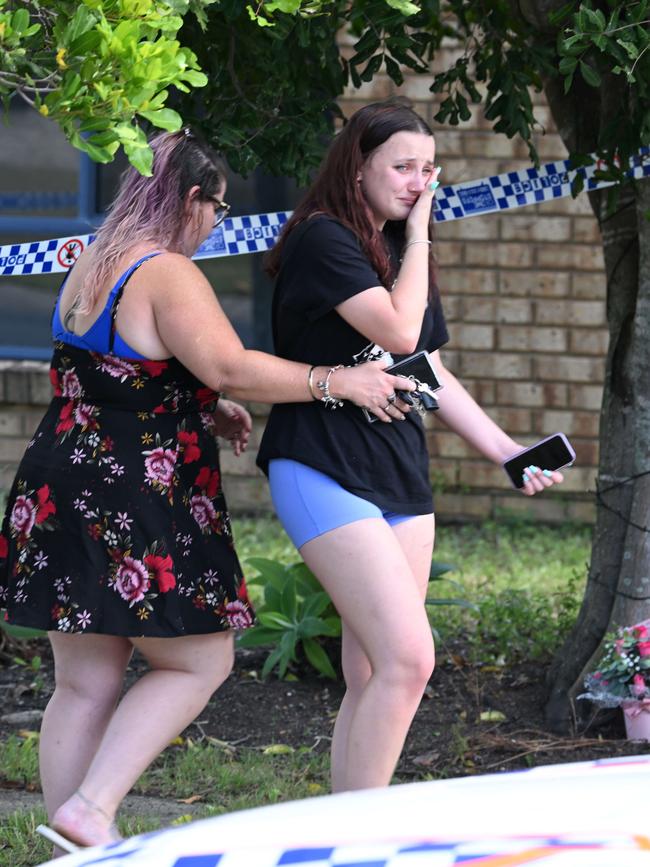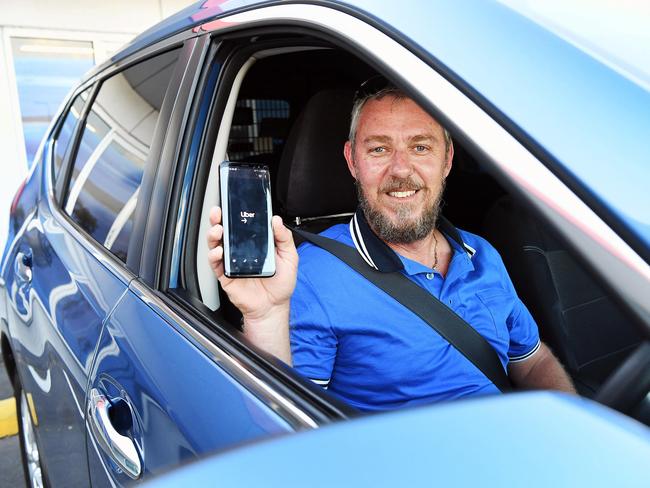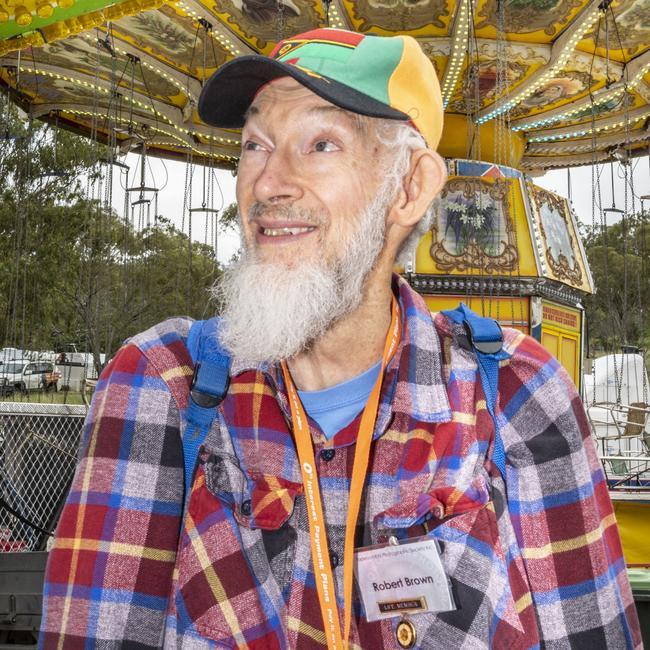Qld sentiment survey: 80pc a victim of crime or know someone who is
Queenslanders feel less safe in their homes than they did three years ago, with almost 80 per cent either a victim of crime or knowing someone who has been. FULL SURVEY
QLD Politics
Don't miss out on the headlines from QLD Politics. Followed categories will be added to My News.
Queenslanders feel less safe in their homes than they did three years ago, with almost 80 per cent either a victim of crime or knowing someone who has been.
The Courier-Mail’s sentiment survey also revealed almost 95 per cent of residents wanted harsher penalties for juveniles, while less than 20 per cent thought raising the age of criminal responsibility was a good idea, amid an escalating youth crime crisis.
At the same time, an outspoken North Queensland MP said a rise in vigilante behaviour signalled a disturbing loss of community trust in the Queensland Police Service.
Katter’s Australian Party Member for Hinchinbrook Nick Dametto also called for the Australian Defence Force to step in to fight youth crime, while paramedics in nearby Townsville said they were fed up with out-of-control youths attempting to ram emergency vehicles in stolen cars.
Incidents that shocked the nation include the alleged stabbing murder of North Lakes mother Emma Lovell in December 2022, and a crash at Maryborough in May last year involving an allegedly stolen vehicle that claimed the lives of three women.
In both incidents, teenagers as young as 13 were charged.
Of the nearly 7000 respondents to the sentiment survey, almost 77 per cent said their suburbs was affected by youth crime last year, compared to just 46 per cent in 2020.
Shockingly, 70 per cent of the state feel “less safe” in their homes compared to 2020, with 78 per cent either a victim or knew a victim of youth crime.
Police and Community Safety Minister Mark Ryan said Queensland had some of the strongest, toughest, most comprehensive youth justice laws in the nation. “Our tough new laws – which were backed by the LNP – send a clear message to the courts and the offenders that the community expects there to be consequences for criminal offending in the interests of community safety,” he said.
“To ensure there are consequences ... the government has increased criminal sanctions, introduced new offences like breach of bail for the first time in the Bail Act for youth offenders, and specifically funded extra police personnel and extra police patrols.
“The government takes this matter seriously and will continue to do everything it can to enhance community safety.”
Deputy Police Commissioner Shane Chelepy said youth crime was an issue police were working hard to tackle “right across the state”.
“Our priority will always be the safety of the community ...” he said. “Officers speak with hundreds of victims of crime across the state every day.
“We want to seek justice for them, we want to help them feel safe in their homes, protect them from future harm and also prevent others from becoming victims.”


Regional communities remained youth crime hotspots last year with incidents including the death in February of 75-year-old photographer Robert Brown, who was allegedly attacked by four teenagers while waiting for a taxi outside Toowoomba’s Grand Central Shopping Centre.
In March three girls aged 12, 13 and 14 were charged with the alleged hours-long torture of a 13-year-old girl at a Sunshine Coast home. Footage of the attack posted online was believed to have sparked threats and suspected vigilante behaviour in which the house where the incident occurred was torched.
A small seaside community was also rocked by the death of Uber driver Scott Cabrie, who was allegedly killed by his teenage passengers in Hervey Bay in February.
Mr Chelepy said the QPS had established a raft of proactive enforcement and engagement strategies, including Taskforce Guardian and Operation Victor Unison, to “drive down” youth crime rates.
“We believe these are making progress in tackling the youth crime issues, but we also acknowledge there is a long way to go,” he said.
But of those surveyed, 94 per cent said the courts needed to get tougher on sentencing and jail time of juvenile criminals, while 82 per cent said they did not support the age of criminal responsibility being increased from 10 to 14.

When asked how the government should fix the youth crime crisis, 73 per cent of respondents said there should be mandatory minimum sentences for youth offenders, closely followed by youth offenders for serious crimes being treated as adults (68 per cent) and parents to be held criminally responsible for their child’s actions (60 per cent).
But Mr Chelepy said youth crime wais a “complex, challenging and multifaceted issue that spans across generations”.
“We are continuing to work and consult with government and third-party agencies on the best approach to tackling youth crime and the complex issues in this realm,” he said.
“Unfortunately, there is not one easy solution.”
He said the Youth Crime Taskforce remained focused on “the small cohort of serious juvenile recidivist offenders causing a disproportionate amount of harm to the community”.
“It includes rigorous intensive multi-agency case management of each of the children in the serious recidivist offender cohort,” he said.
Mr Chelepy said police also managed a significant number of early intervention and preventive initiatives.
Eighty-three per cent of survey respondents said they supported changes to the law to allow domestic violence offenders to be named.
More Coverage





